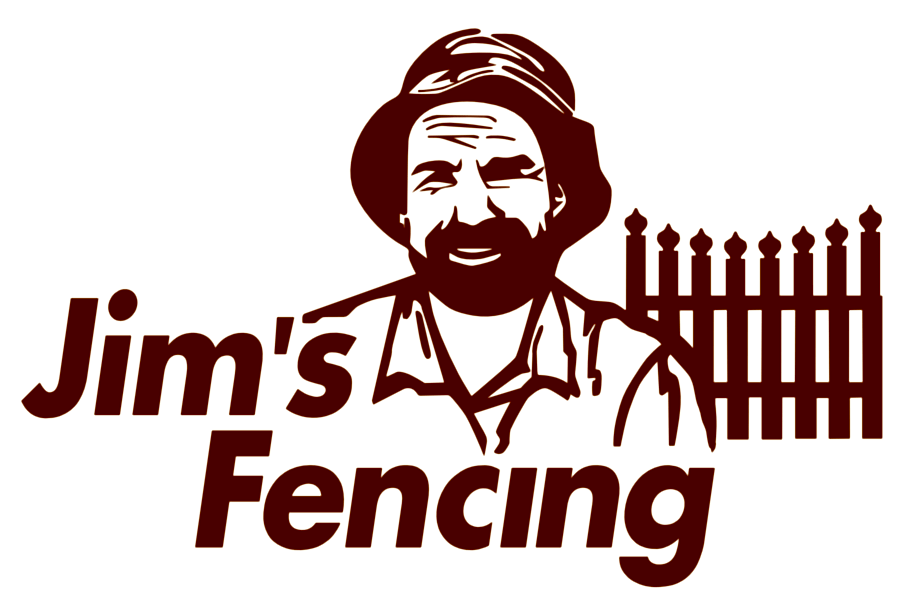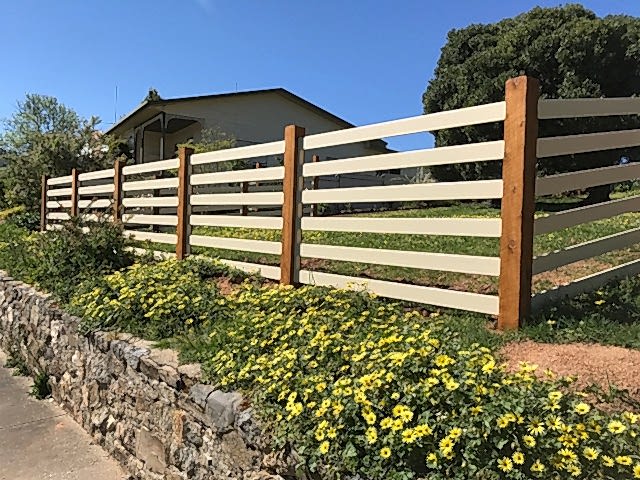When it comes to enhancing the aesthetics and security of your property, few elements can rival the importance of a well-crafted traditional fence. Not only does it delineate boundaries and provide privacy, but it also adds charm and character to your home. However, selecting the right material for your fence is crucial as it can significantly impact its durability, maintenance requirements, and overall appearance. In this comprehensive guide, we’ll explore the pros and cons of three popular choices: timber, metal, and brick, helping you make an informed decision that aligns with your needs and preferences.
Timber Fences
Timber fences exude warmth and natural beauty, making them a popular choice for traditional homes. Here are some key considerations:
Pros:
- Aesthetic Appeal:
- Timber fences lend a rustic charm to any property, enhancing its curb appeal and blending seamlessly with natural surroundings.
- Versatility:
- With various types of wood available, such as cedar, pine, and redwood, you can choose a timber that complements your home’s style and environment.
- Customization Options:
- Timber fences offer flexibility in design, allowing you to opt for different heights, styles (such as picket, privacy, or lattice), and finishes to suit your preferences.
- Easy Installation:
- Compared to other materials like brick or metal, timber fences are relatively easy to install, making them a cost-effective option.
Cons:
- Maintenance Requirements:
- Timber fences require regular maintenance, including staining, sealing, and occasional repairs to prevent rot, warping, or insect infestation.
- Durability Concerns:
- While high-quality hardwoods like cedar are naturally resistant to decay and insects, softer woods may be more prone to damage over time, necessitating more frequent replacements.
- Susceptibility to Weathering:
- Exposure to sunlight, moisture, and extreme weather conditions can cause timber fences to fade, warp, or crack, requiring ongoing upkeep.
- Limited Lifespan:
- Despite proper maintenance, timber fences typically have a shorter lifespan compared to metal or brick alternatives, requiring replacement every 10-15 years on average.
Metal Fences:
Metal fences offer durability and security while adding a touch of elegance to your property. Here’s what you need to know:
Pros:
- Longevity:
- Metal fences, particularly those made from wrought iron or aluminum, boast exceptional durability and can withstand harsh weather conditions and impacts.
- Low Maintenance:
- Unlike timber fences, metal fences require minimal upkeep, usually limited to occasional cleaning and repainting to prevent corrosion and maintain their appearance.
- Security:
- Metal fences provide excellent security and deterrence against intruders due to their sturdy construction and limited points of entry.
- Versatility in Design:
- Metal fences come in various styles, from ornate wrought iron designs to sleek aluminum panels, allowing you to find the perfect match for your home’s aesthetic.
Cons:
- Cost:
- Metal fences tend to be more expensive upfront compared to timber or brick alternatives, primarily due to the higher cost of materials and installation.
- Limited Privacy:
- Depending on the design, metal fences may offer minimal privacy compared to timber or brick fences, as they typically feature open or spaced panels.
- Weight and Installation Challenges:
- Wrought iron fences, in particular, can be heavy and require professional installation, adding to the overall cost.
- Susceptibility to Rust:
- While aluminum fences are resistant to rust, wrought iron fences may require periodic maintenance to prevent corrosion, especially in humid or coastal areas.
Brick Fences:
Brick fences combine timeless elegance with durability, making them a popular choice for homeowners seeking a classic look. Here’s what you should consider:
Pros:
- Durability:
- Brick fences are renowned for their strength and longevity, capable of withstanding years of exposure to the elements without deteriorating.
- Low Maintenance:
- Unlike timber fences, brick fences require minimal maintenance, with occasional cleaning being sufficient to keep them looking their best.
- Security and Privacy:
- Brick fences provide excellent security and privacy, thanks to their solid construction and lack of gaps or openings.
- Weather Resistance:
- Brick fences are highly resistant to weather damage, including rot, corrosion, and insect infestation, making them ideal for long-term use.
Cons:
- Cost:
- Brick fences are typically more expensive than timber or metal alternatives, both in terms of materials and installation, due to the labor-intensive construction process.
- Lack of Design Flexibility:
- While brick fences offer a classic look, they may lack the design versatility of timber or metal fences, as they are generally built in a uniform manner.
- Weight and Foundation Requirements:
- Brick fences are heavy, requiring a sturdy foundation to support their weight, which can increase construction time and cost.
- Limited DIY Potential: Building a brick fence is a complex task that often requires professional expertise, making it less suitable for DIY enthusiasts.
Frequently Asked Questions (FAQs):
Which material is the most cost-effective option for a traditional fence?
Timber fences are typically the most cost-effective option upfront, while metal and brick fences may have higher initial costs but lower long-term maintenance expenses.
How long can I expect each type of fence to last?
Timber fences generally last 10-15 years with proper maintenance, while metal and brick fences can last several decades or more.
Which fence material offers the highest level of privacy?
Brick fences provide the highest level of privacy due to their solid construction, followed by timber fences with closely spaced panels or solid infill.
Can I customize the design of my fence with each material?
Yes, all three materials offer some degree of customization options, but timber fences provide the most flexibility in terms of design and style.
How do I choose the right material for my specific needs and preferences?
Consider factors such as budget, desired aesthetics, maintenance requirements, level of privacy, and local weather conditions when selecting the ideal material for your traditional fence.
Conclusion:
Choosing the right material for your traditional fence is a decision that requires careful consideration of various factors, including aesthetics, durability, maintenance, and cost. Whether you opt for the timeless charm of timber, the strength of metal, or the classic elegance of brick, each material offers unique benefits and considerations. By weighing your priorities and consulting with fencing professionals, you can make an informed choice that enhances the beauty and security of your property for years to come. Contact us today to know more!

